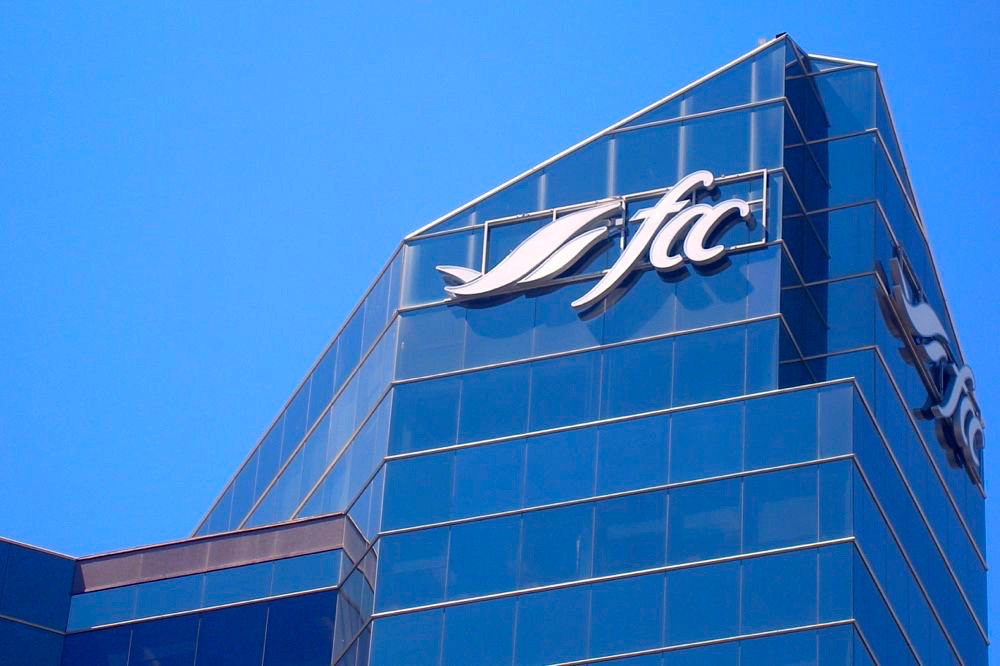For 31 days the Public Order Emergency Commission heard testimony, revealed government documents and gave glimpses into private text messages shared between politicians and staffers in the lead-up to the decision to invoke the Emergencies Act earlier this year.
The final week of testimony and evidence featured senior ministers involved with the decision along with Prime Minister Justin Trudeau.
During cross-examination, Trudeau maintained that the multi-faceted protests in Ottawa and at different border crossings necessitated use of the Emergencies Act.
Regarding the border protest in Coutts, Alta., despite indications the blockade was breaking up by the time the Act was invoked on Feb. 14, Trudeau testified, “we had heard that before.
Read Also

Huge Black Sea flax crop to provide stiff competition
Russia and Kazakhstan harvested huge flax crops and will be providing stiff competition in China and the EU.
“And there were fluctuations going on in the various sites across the country. It was not enough just to have a plan to clear a couple of lanes. It was getting the situation under control so as to prevent a recurrence or a restaging of a protest elsewhere.”
The commission heard also about emails from Farm Credit Canada to field operations staff, obtained through an access to information request by Farmer’s Forum.
“If you become aware of potential customer involvement in blockades, occupations and other support of activity related to the ‘Freedom Convoy,’ you must submit a tip to the Customer Diligence Centre.”
The email was sent on the morning of Feb. 23. The Emergencies Act, which brought in the powers of financial institutions to freeze accounts, was revoked later that day.
But according to the documents submitted, FCC continued to collect tips and collect information on customers for at least another two days.
When asked, Deputy Prime Minister Chrystia Freeland testified, “I have to say I think these are questions for FCC and not for me.”
The commission also heard from Defence Minister Anita Anand, who was emphatic about her reluctance to allow military resources to be used to help clear heavy vehicles that made up the Coutts blockade.
Anand said there were limited numbers of Canadian Forces equipment suitable for the job, and the optics of sending in the military for a civilian protest was also a concern.
During a government announcement in Medicine Hat, Alta., Alberta Premier Danielle Smith backed away from the province’s call to have the military assist at Coutts — a call made before she was premier.
“You could maybe ask the former premier why he made some of the decisions that he did,” said Smith, referencing her predecessor, Jason Kenney. “They would not have been my decisions. I would not have gone down that track.”
The commission will continue to hear testimony from public policy experts with the final report anticipated to be tabled with the House of Commons and Senate by its Feb. 20 deadline.


















